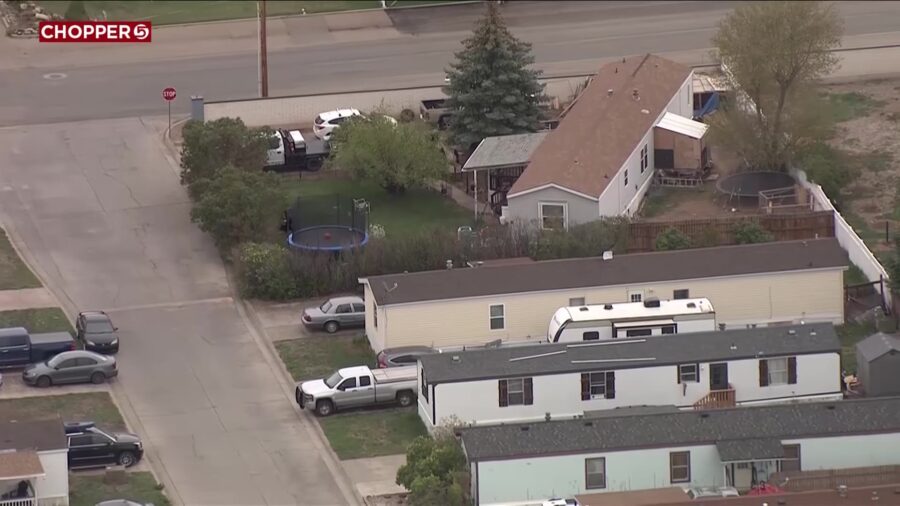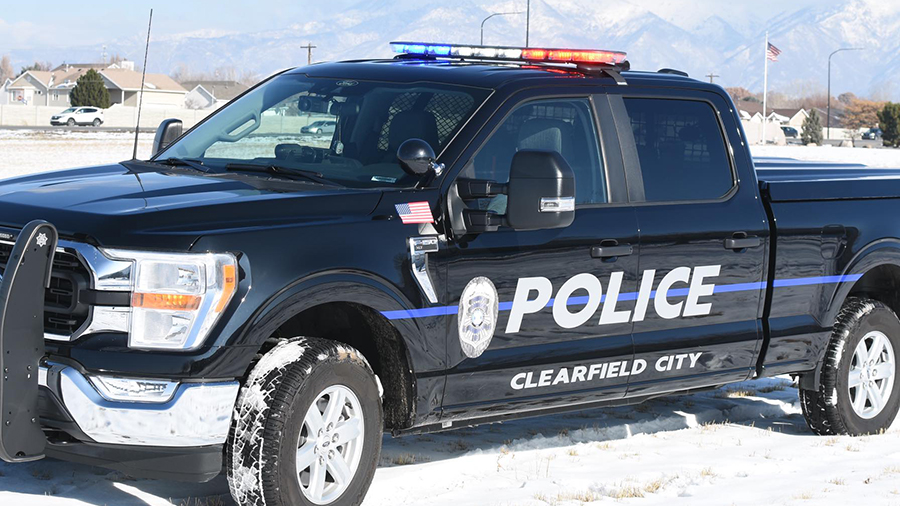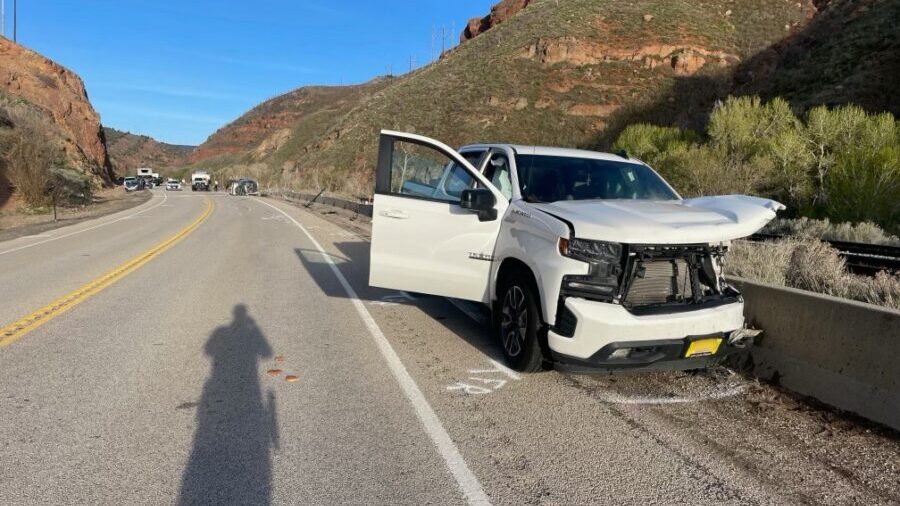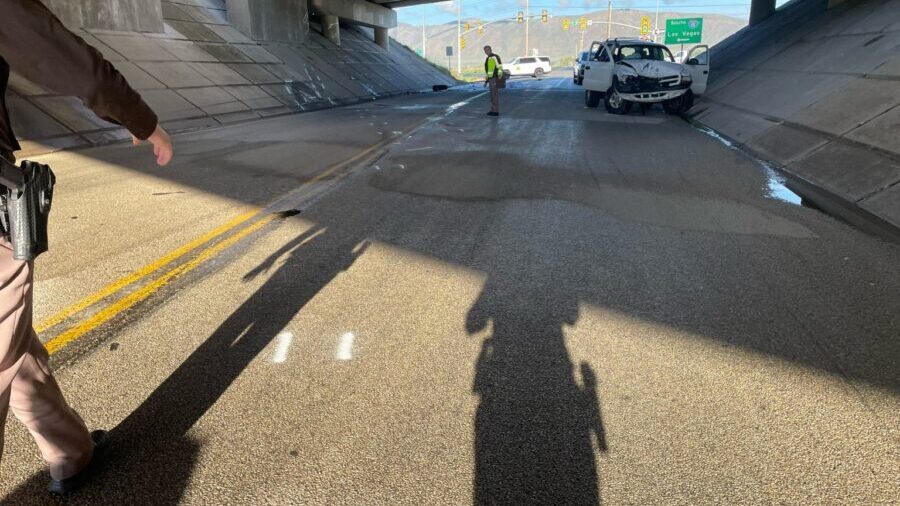Expert on extremism says there are wider implications to FBI shooting in Provo
Aug 11, 2023, 2:19 PM | Updated: 2:33 pm
PROVO, Utah — Family and neighbors called him a “nice guy” and a hard-working man of God who loved his country, but posts on social media threatening harm against the president and other government leaders showed something that led federal prosecutors to file charges and led federal agents and SWAT team members to converge on Craig Robertson’s home Wednesday in a chain of events that led to his death.
It’s a disconnect in the hours and days that have followed that has left those around the 75-year-old perplexed.
Travis Clark described Robertson as a “loveable, teddy bear-kind-of-guy.”
“I was not friends with him on social media,” Clark told KSL TV Wednesday evening.
‘That’s not the man I knew’: Neighbors describe Provo suspect killed by FBI
“I knew him just through church and they (the posts) are pretty out there, but that’s not the man I knew.”
Nyla Rollins, whose backyard borders Robertson’s, said while she knew Robertson held some anti-government beliefs, he was always extremely kind to her and her father.
“I just thought he was a nice guy,” she said Wednesday.
Even the man’s family stated Thursday that Robertson, despite “intemperate” statements, would never commit any act of violence over a political disagreement.
Facebook posts outlined in federal charging documents threatened President Joe Biden and others in graphic detail.
“It’s certainly something that you wonder how did this happen, how did it get to a place where this ultimately occurs,” Ethan Busby, a political psychologist and assistant professor of political science at Brigham Young University, said. “Did it come from concerns about government effectiveness? Did it come from people being critical about government generally?”
Busby—who studies extremism—said while the case itself is extreme, it still has broader implications.
He said society should consider more comprehensively what to do about those who appear to go “off the rails” and assess whether it was a function of them not being heard or understood or whether there were other factors in play—including public statements that are made that could help to shape their attitudes and beliefs.
“Politicians that use violent language can encourage others to talk in violent ways,” Busby explained during an interview Thursday with KSL TV. “The media talking in violent ways about politics can encourage other people. So it’s sort of like a cycle where we can influence each other and the way that we speak can have consequences.”
Busby suggested it was a time to reflect on how heated and violent political rhetoric is becoming.
“Those groups definitely have responsibility to take that seriously,” he said. “If we’re not willing to step back and say what’s the long-term picture here, I think we might end up in a place that nobody really intended or wanted.”














